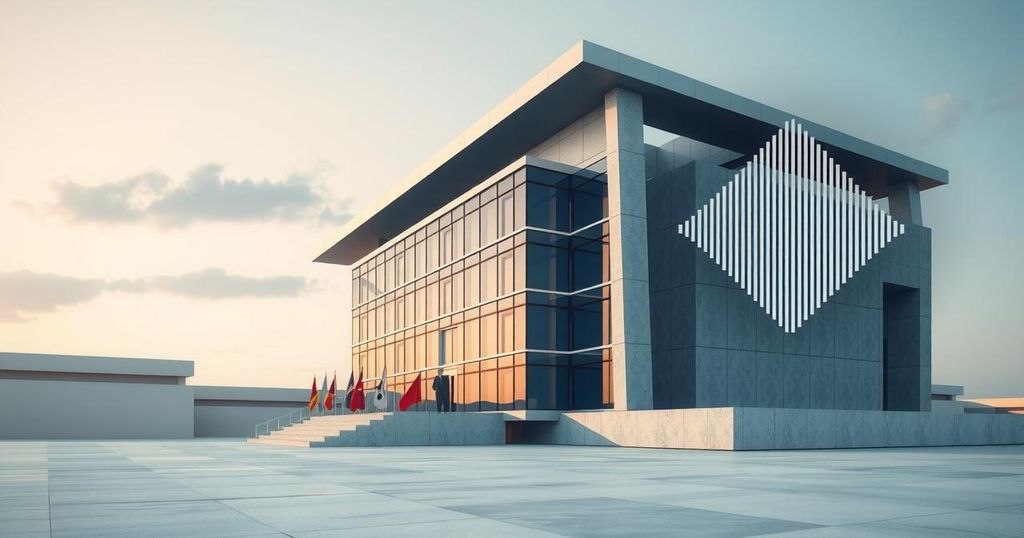The Brazilian government has confronted the U.S. over criticisms related to free speech following a Brazilian Supreme Court decision to suspend the Rumble platform. The U.S. State Department condemned this move, citing violations of democratic values, while Brazil defended its judiciary’s independence. The situation is compounded by legal challenges facing former President Jair Bolsonaro stemming from attempts to undermine the 2022 election results.
The Brazilian government, under President Luiz Inácio Lula da Silva, has responded to criticisms from the United States concerning a judicial decision related to free speech and online platform regulation. This dispute was ignited by the Brazilian Supreme Court’s order to suspend the Rumble video-sharing service, which is favored by conservative users, due to its noncompliance with a court directive to block a U.S.-based far-right account accused of disseminating disinformation.
Following this, the U.S. State Department publicly condemned the Brazilian court’s ruling by asserting that penalizing American companies for not censoring U.S. citizens violates democratic principles, specifically freedom of expression. The statement also highlighted the necessity of maintaining sovereignty in international relations, framing their criticism in a context of respect for democratic norms.
In a rigorous rebuttal, Brazil’s foreign ministry denounced any politicization of its judicial proceedings, emphasizing the independence of its legal system. This escalation is notable as it follows previous confrontations between Judge Alexandre de Moraes and prominent figures, including Elon Musk, regarding the issue of online misinformation. Moraes has maintained that his actions are vital for protecting Brazilian democracy and institutions.
Additional tension exists due to ongoing legal issues surrounding former Brazilian President Jair Bolsonaro, who faces accusations relating to an attempted coup aimed at obstructing President Lula’s inauguration post the 2022 elections. Moreover, Bolsonaro’s supporters notably stormed key governmental buildings, including the presidential palace, Congress, and the Supreme Court, in January 2023, asserting claims of electoral fraud.
In summary, the conflict between Brazil and the United States over free speech raises significant questions regarding sovereignty and judicial independence. Brazil’s firm stance on protecting its legal processes highlights a critical moment in the tension between democratic values and international relations. Amidst the ongoing issues concerning former President Bolsonaro and the actions of Judge de Moraes, this situation merits close observation for its implications on future U.S.-Brazil relations.
Original Source: newscentral.africa






